Coups de coeur
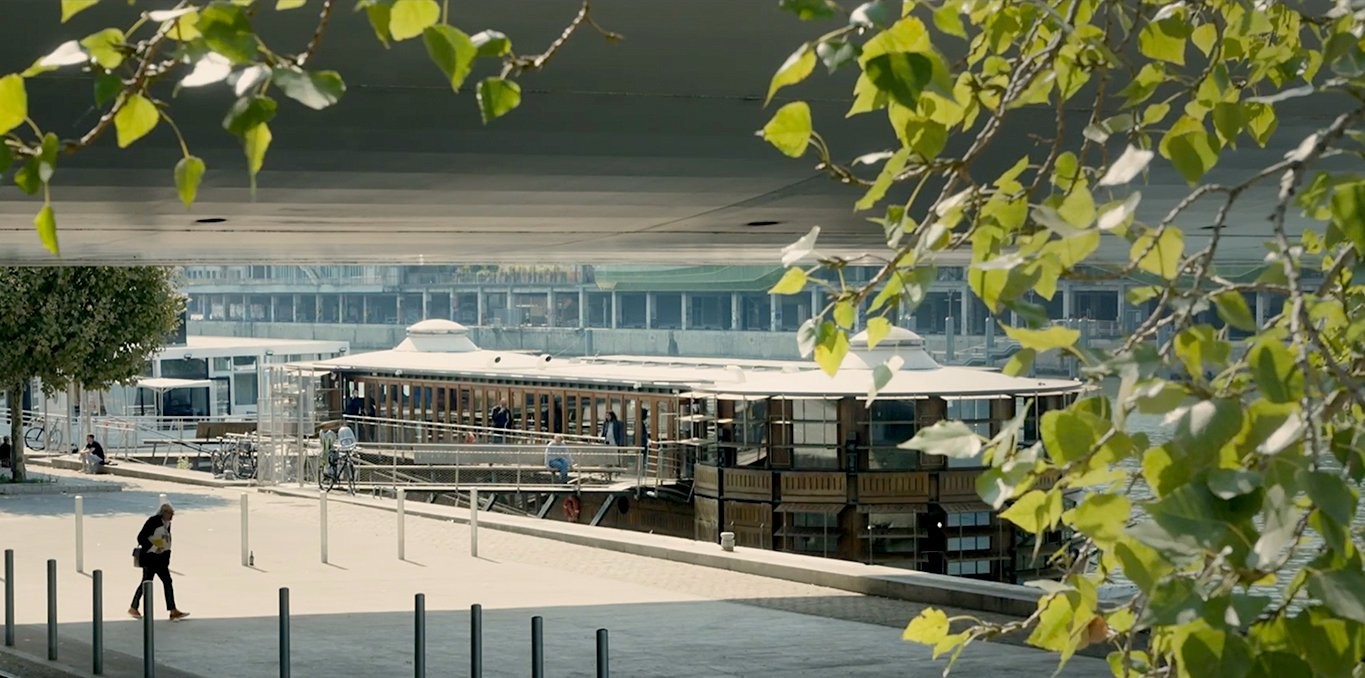
Sur L'Adamant
Durée : 1h49
Accès abonnement
L’Adamant est un centre de jour unique en son genre : c’est un bâtiment flottant. Édifié sur la Seine, en plein cœur de Paris, il accueille des adultes souffrant de troubles psychiques, leur offrant un cadre de soins qui les structure dans le temps et l’espace, les aide à renouer avec le monde, à retrouver un peu d’élan. L’équipe qui l’anime est de celles qui tentent de résister autant qu’elles...
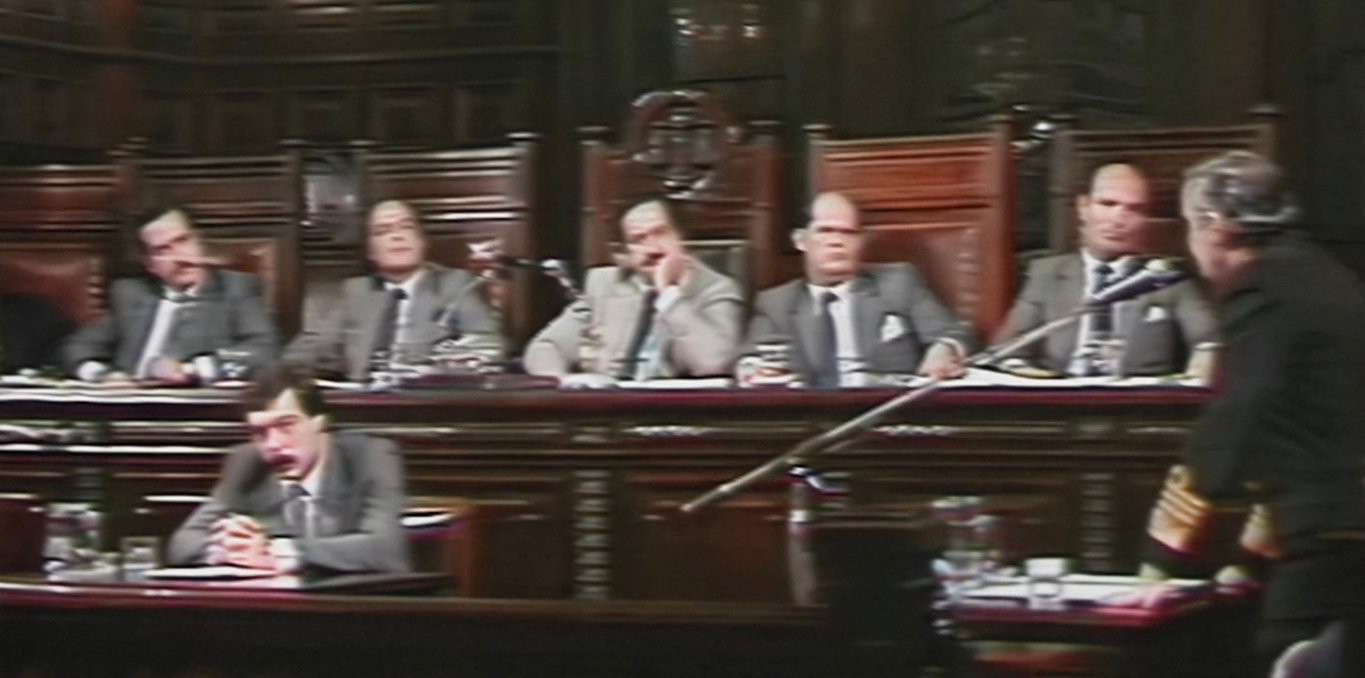
El Juicio
Durée : 5h54
Accès abonnement
À la suite de l’effondrement de la dictature argentine, le nouveau gouvernement démocratiquement élu organise un procès judiciaire contre neuf hauts responsables de la junte militaire. Les accusés étaient poursuivis pour des crimes comprenant l’enlèvement, la torture, la disparition forcée et le meurtre de plus de 8 000 personnes entre 1976 et 1983. Le procès a été enregistré pour la télévision...
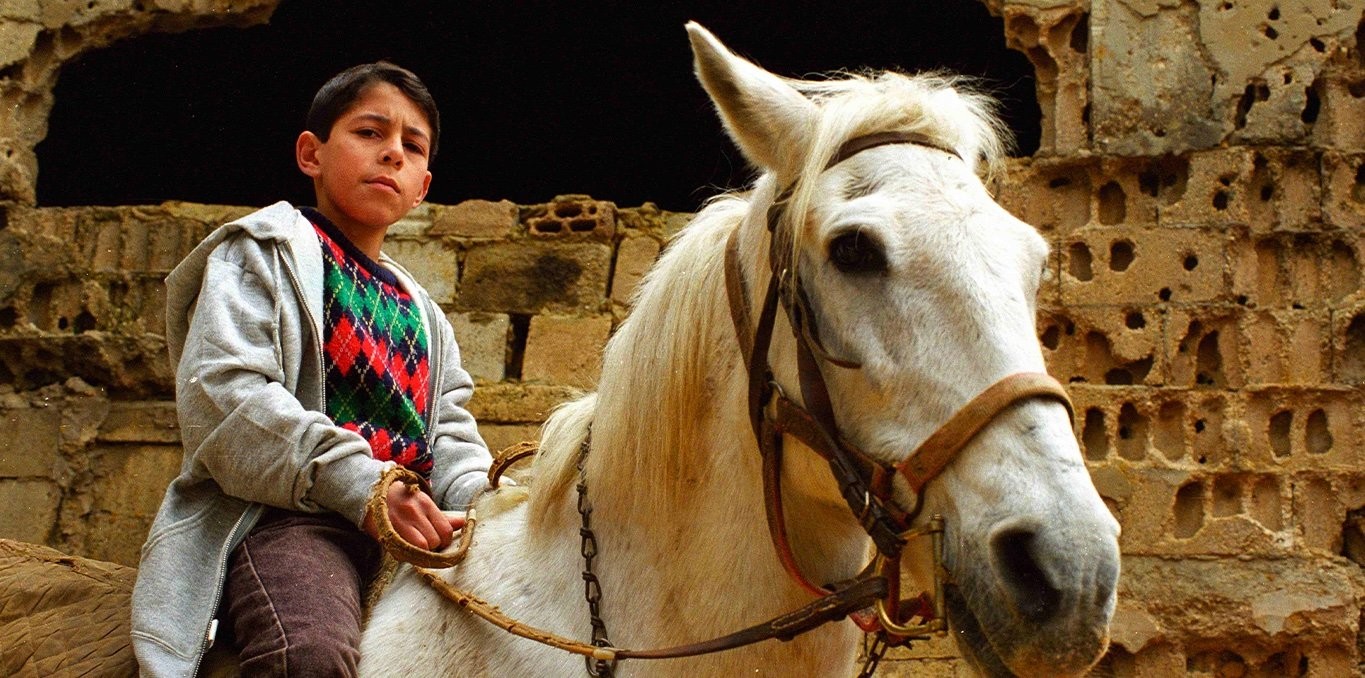
Les enfants de Chatila
Accès abonnement
Ce film raconte l’histoire de Farah et Issa, deux enfants du camp de Chatila à Beyrouth, qui font appel à leur imagination et à leur créativité pour surmonter les épreuves quotidiennes dans ce camp de réfugié·e·s palestinien·ne·s ayant survécu au massacre, au siège et à la dépossession.
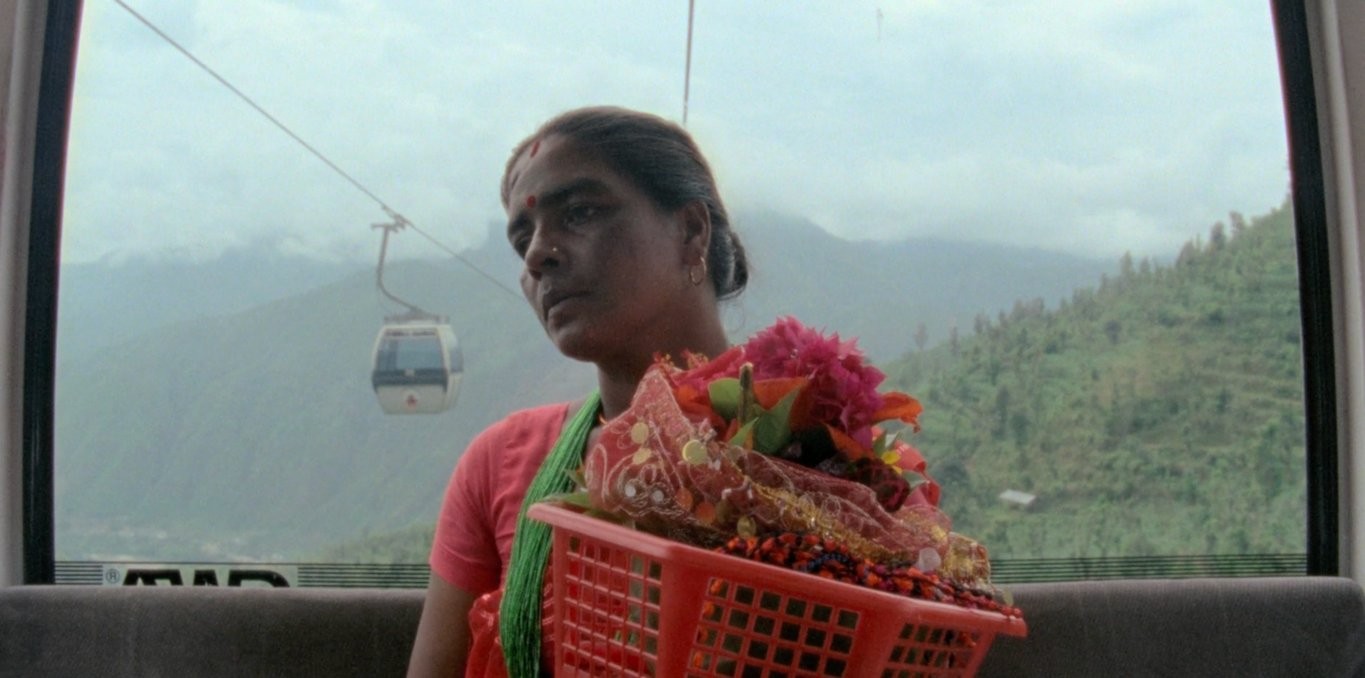
Manakamana
Accès abonnement
Entièrement tourné dans l'espace confiné d'un téléphérique situé au-dessus de la jungle népalaise et transportant les villageois·e·s vers un ancien temple perché au sommet d'une montagne, _Manakamana_ est une étude ethnographique approfondie de la culture, de la religion, de la technologie et de la modernité.
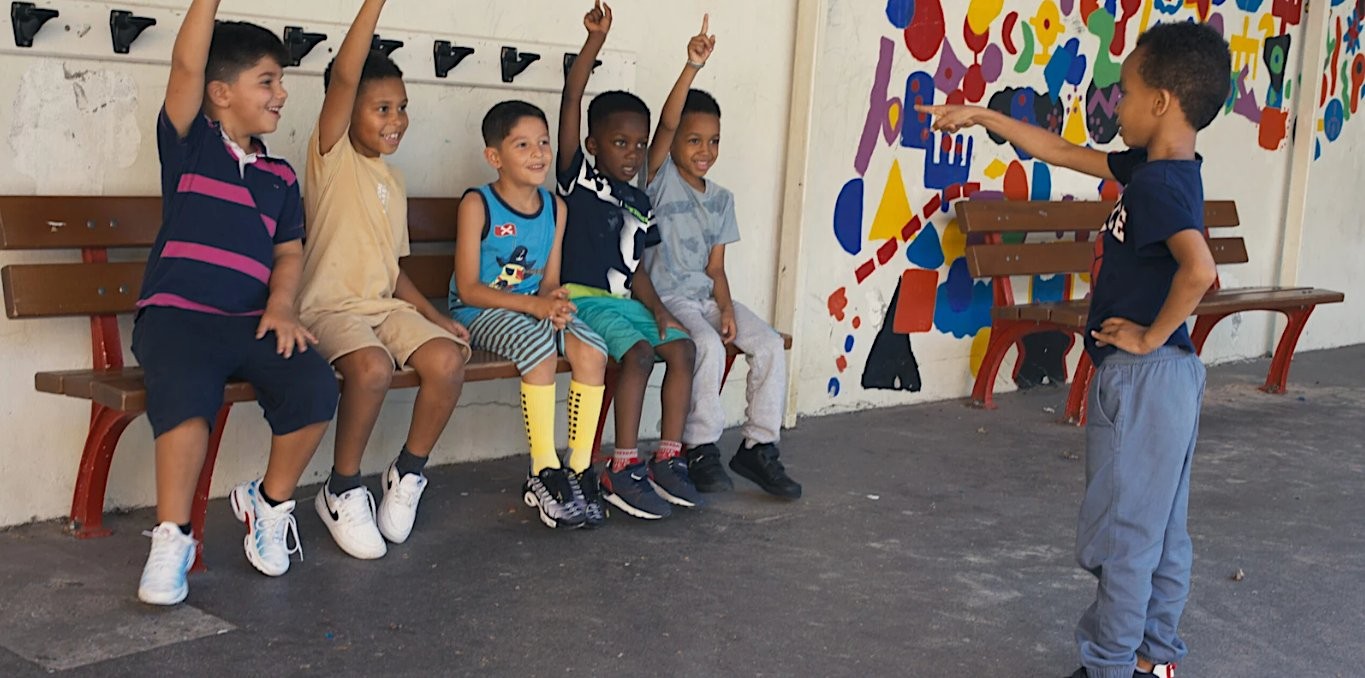
Apprendre
Accès abonnement
Apprendre, lever le doigt, ne pas se tromper. Avoir envie que la maîtresse ou le maître dise « C’est bien! ». Savoir lire, écrire, compter, c’est pas toujours facile… Apprendre aux enfants, détecter dans leurs yeux ce qui coince, les encourager, les aider. Les faire lire, chanter… Apprendre à se parler dans la cour plutôt qu'à se battre. _Apprendre_, cela se passe dans une école élémentaire d'u...
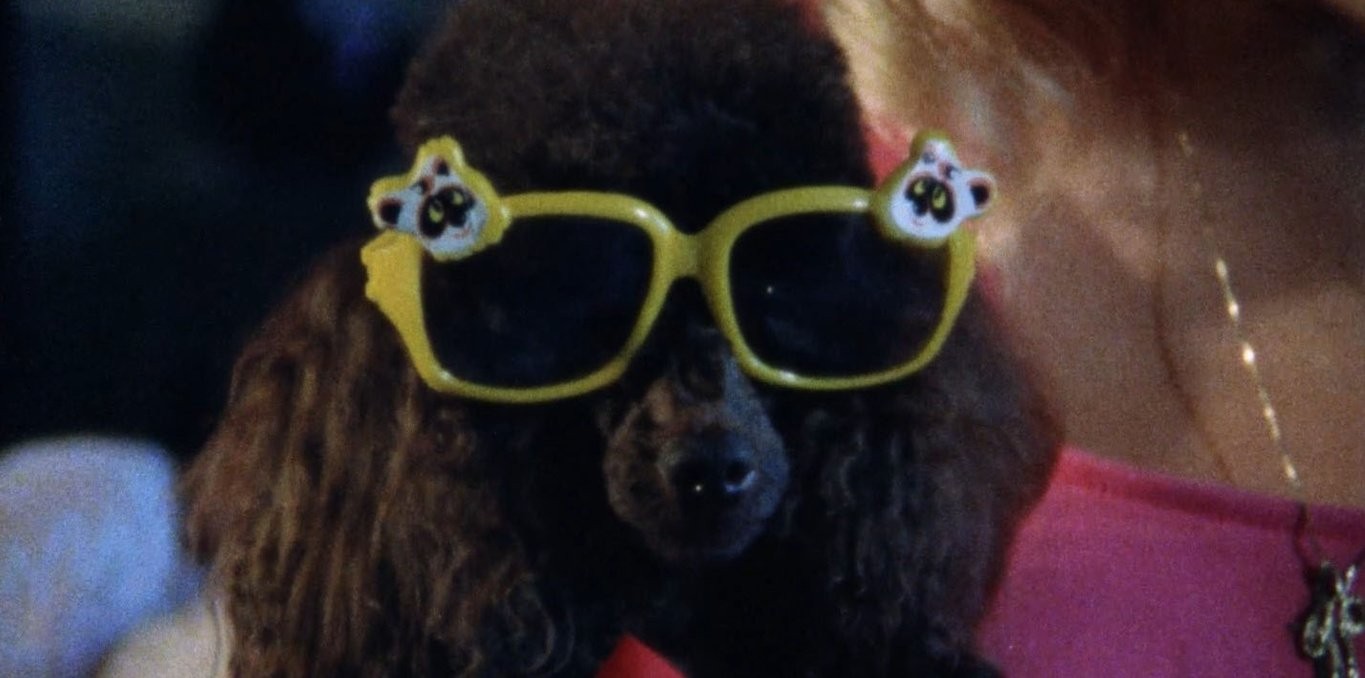
Dog Stories
Accès abonnement
_Dog Stories_ en dit autant sur les personnes qui racontent les histoires que sur les chiens qu'elles décrivent. Les propriétaires se montrent souvent plus sincères à propos de leurs sentiments envers leur animal que sur presque tous les autres aspects de leur vie, et se faisant, en révèlent beaucoup sur eux-mêmes.

Born in Flames
Accès abonnement
Film de science-fiction politique tourné dans un style documentaire, _Born in Flames_ nous entraîne dans un futur proche, à New York, dix ans après l'échec d'une révolution sociale. À l'appel de l'Armée des femmes, plusieurs groupes d'activistes se solidarisent en un réseau mouvant et non hiérarchique qui déroute le FBI, combattant dans une atmosphère explosive une société dont les institutions...
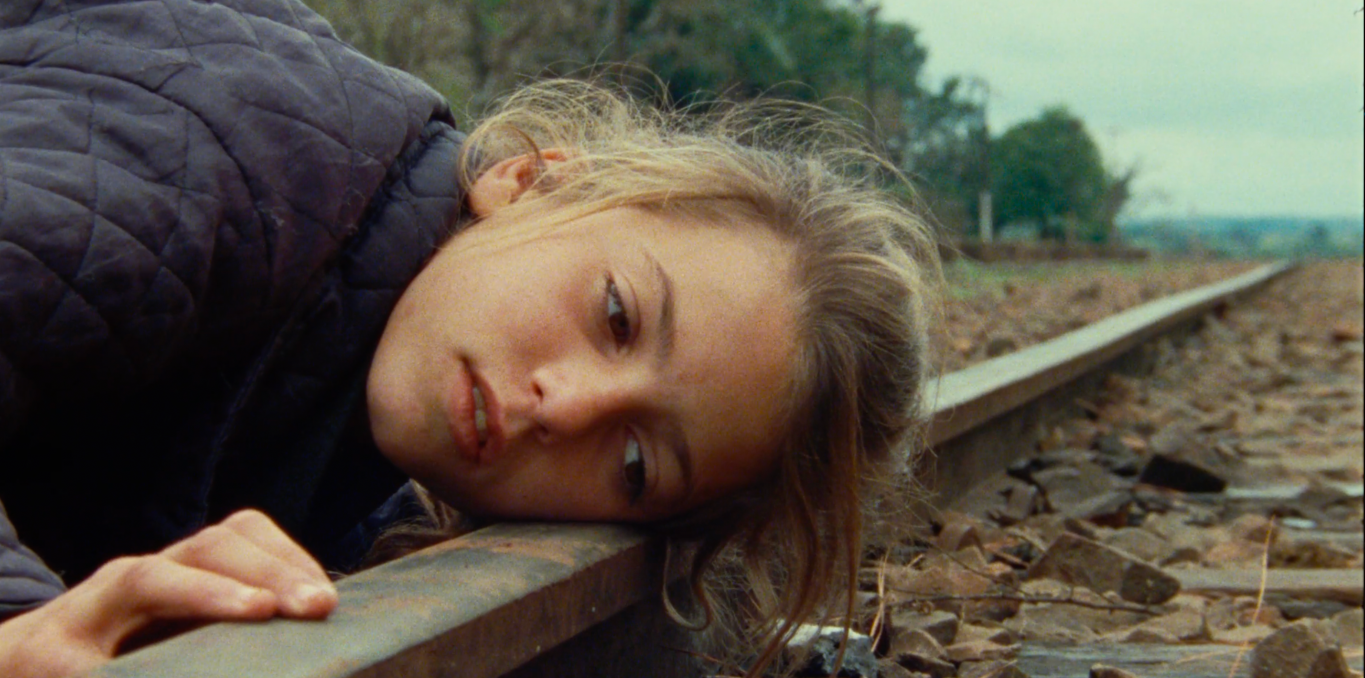
Argentinian Lesson
Accès abonnement
Janek, 9 ans, quitte la Pologne avec sa mère et son petit frère pour s'installer en Argentine, dans le village d'Azara, au coeur de la région reculée de Misiones dont la population est en grande partie d'origine polonaise. Dans ce pays étranger, il peine à trouver sa place. Sa rencontre avec sa voisine Marcia, âgée de 11 ans, lui permettra de s'intégrer à sa manière.

Sur L'Adamant
Durée : 1h49
Accès abonnement
L’Adamant est un centre de jour unique en son genre : c’est un bâtiment flottant. Édifié sur la Seine, en plein cœur de Paris, il accueille des adultes souffrant de troubles psychiques, leur offrant un cadre de soins qui les structure dans le temps et l’espace, les aide à renouer avec le monde, à retrouver un peu d’élan. L’équipe qui l’anime est de celles qui tentent de résister autant qu’elles...

El Juicio
Durée : 5h54
Accès abonnement
À la suite de l’effondrement de la dictature argentine, le nouveau gouvernement démocratiquement élu organise un procès judiciaire contre neuf hauts responsables de la junte militaire. Les accusés étaient poursuivis pour des crimes comprenant l’enlèvement, la torture, la disparition forcée et le meurtre de plus de 8 000 personnes entre 1976 et 1983. Le procès a été enregistré pour la télévision...

Les enfants de Chatila
Accès abonnement
Ce film raconte l’histoire de Farah et Issa, deux enfants du camp de Chatila à Beyrouth, qui font appel à leur imagination et à leur créativité pour surmonter les épreuves quotidiennes dans ce camp de réfugié·e·s palestinien·ne·s ayant survécu au massacre, au siège et à la dépossession.

Manakamana
Accès abonnement
Entièrement tourné dans l'espace confiné d'un téléphérique situé au-dessus de la jungle népalaise et transportant les villageois·e·s vers un ancien temple perché au sommet d'une montagne, _Manakamana_ est une étude ethnographique approfondie de la culture, de la religion, de la technologie et de la modernité.

Apprendre
Accès abonnement
Apprendre, lever le doigt, ne pas se tromper. Avoir envie que la maîtresse ou le maître dise « C’est bien! ». Savoir lire, écrire, compter, c’est pas toujours facile… Apprendre aux enfants, détecter dans leurs yeux ce qui coince, les encourager, les aider. Les faire lire, chanter… Apprendre à se parler dans la cour plutôt qu'à se battre. _Apprendre_, cela se passe dans une école élémentaire d'u...

Dog Stories
Accès abonnement
_Dog Stories_ en dit autant sur les personnes qui racontent les histoires que sur les chiens qu'elles décrivent. Les propriétaires se montrent souvent plus sincères à propos de leurs sentiments envers leur animal que sur presque tous les autres aspects de leur vie, et se faisant, en révèlent beaucoup sur eux-mêmes.

Born in Flames
Accès abonnement
Film de science-fiction politique tourné dans un style documentaire, _Born in Flames_ nous entraîne dans un futur proche, à New York, dix ans après l'échec d'une révolution sociale. À l'appel de l'Armée des femmes, plusieurs groupes d'activistes se solidarisent en un réseau mouvant et non hiérarchique qui déroute le FBI, combattant dans une atmosphère explosive une société dont les institutions...

Argentinian Lesson
Accès abonnement
Janek, 9 ans, quitte la Pologne avec sa mère et son petit frère pour s'installer en Argentine, dans le village d'Azara, au coeur de la région reculée de Misiones dont la population est en grande partie d'origine polonaise. Dans ce pays étranger, il peine à trouver sa place. Sa rencontre avec sa voisine Marcia, âgée de 11 ans, lui permettra de s'intégrer à sa manière.
Tous les films
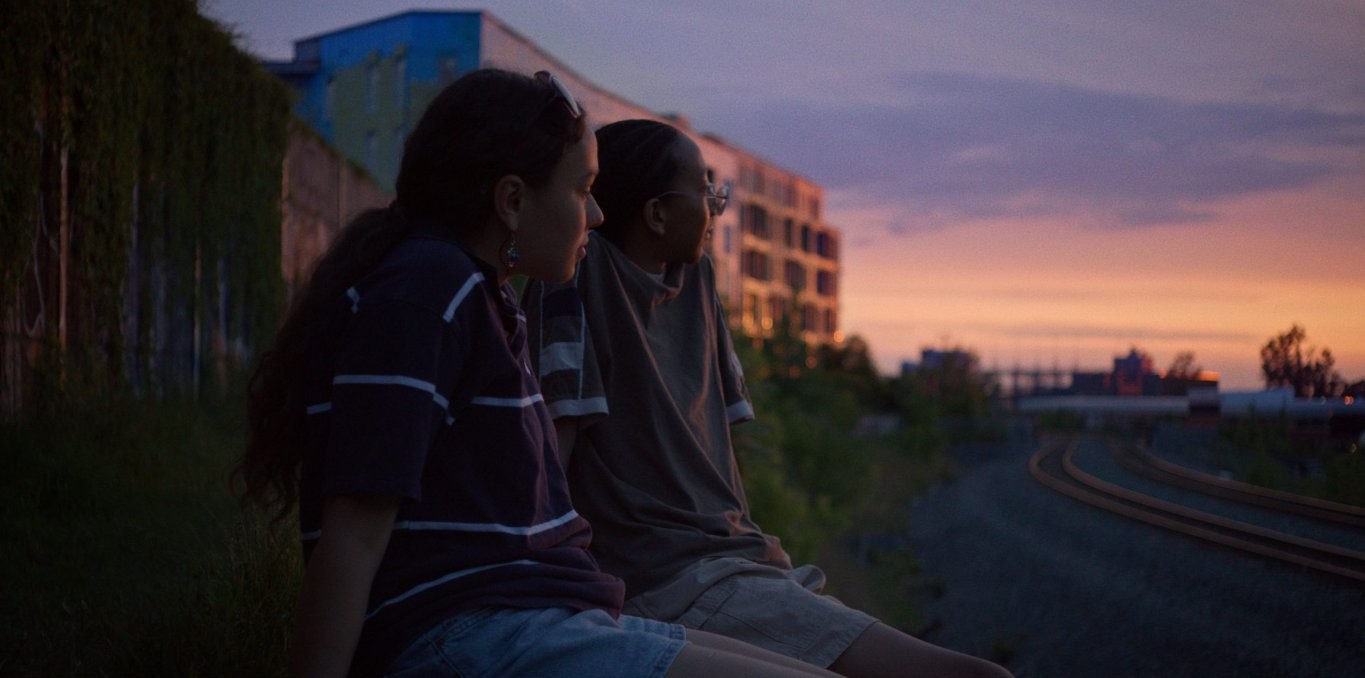
D'ici, d'ailleurs
Durée : 38 minutes
Accès abonnement
Au début de l’été de leurs 16 ans, Adam, Ana et Dahlia se tournent vers famille et ami·e·s afin de questionner leurs héritages culturels. À travers des conversations intimes, _D’ici, d’ailleurs_ juxtapose les différentes influences et réalités qui façonnent le développement de l’identité culturelle d’immigrant·e·s de deuxième et troisième génération.
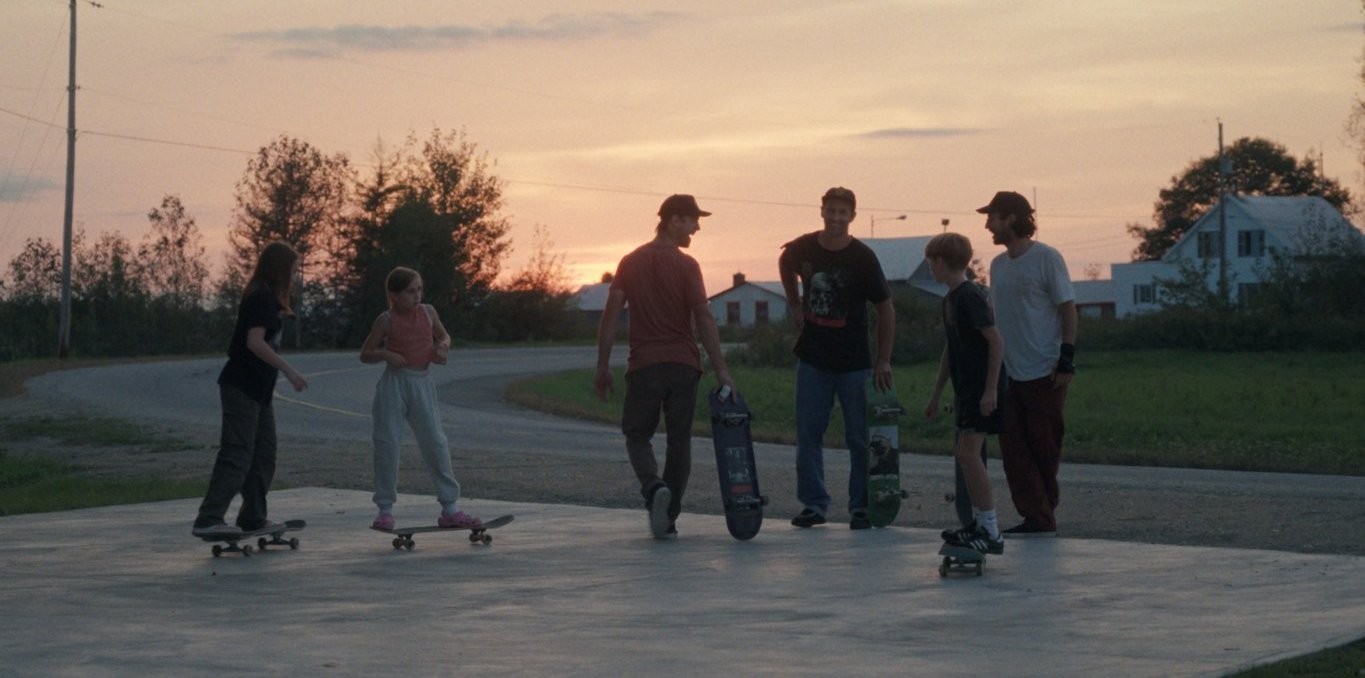
Rang du lièvre
Durée : 30 minutes
Accès abonnement
Jeanne, 10 ans, neuroatypique passionnée de skate et de snowboard, est diagnostiquée d’une dysorthographie, d’un TDAH, d’une dyscalculie et d’un trouble du développement de la coordination. Elle fait face à une baisse de ses résultats scolaires et doit apprendre à maintenir sa confiance et à se concentrer sur ses forces.
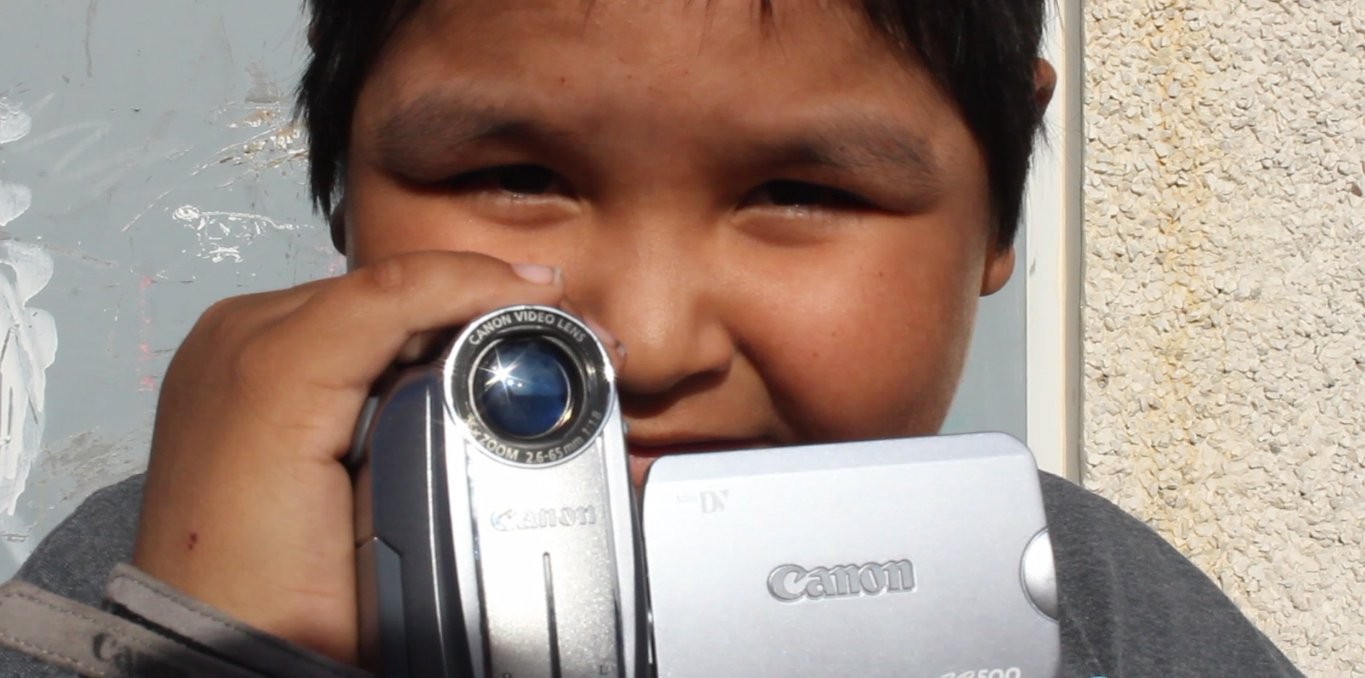
J'aime toute
Durée : 6 minutes
Accès abonnement
Du haut de ses huit ans, José nous fait découvrir son village, Nutashkuan, et tout ce qu’il y adore.
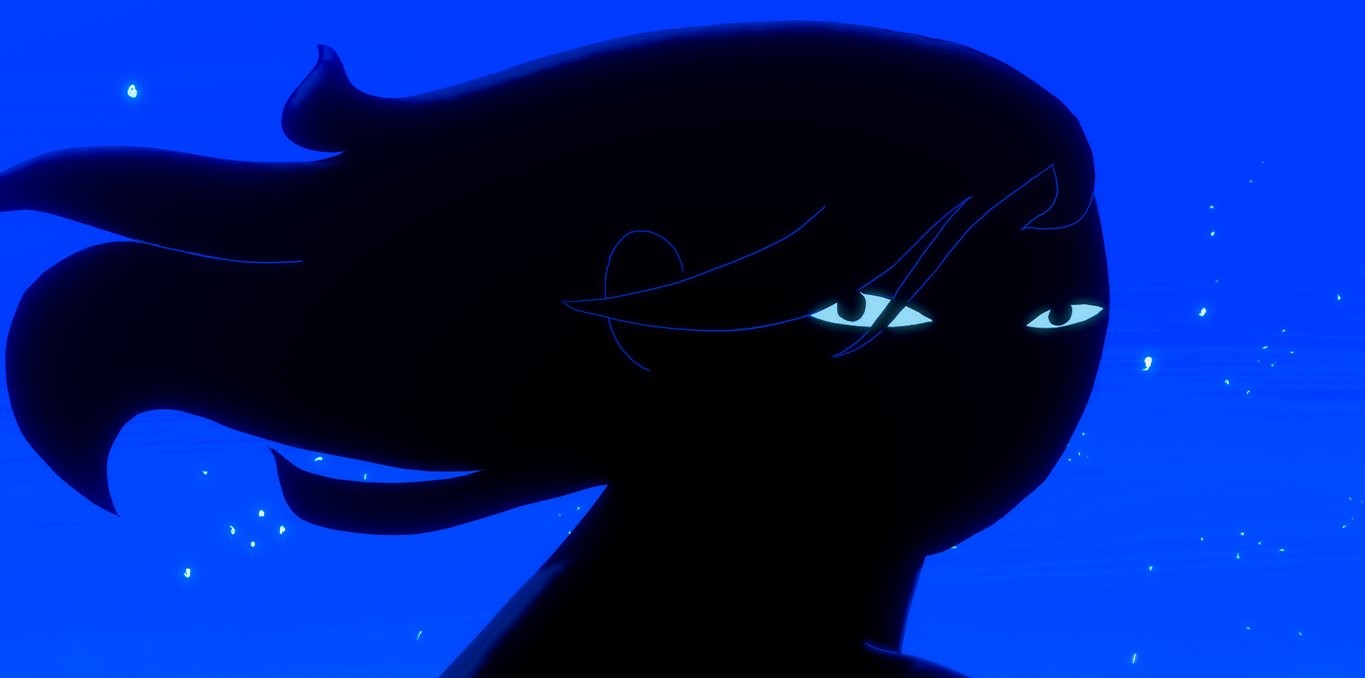
On n'est pas près d'être des super héros
On n'est pas près d'être des super héros
Nouveauté !Durée : 24 minutes
Accès abonnement
Quand on est enfant, il y a ce moment fragile où la frontière entre l’imaginaire et la réalité se fracasse. Voici le témoignage de ces enfants entre deux mondes, à qui la parole a été donnée librement.

Sur L'Adamant
Durée : 1h49
Accès abonnement
L’Adamant est un centre de jour unique en son genre : c’est un bâtiment flottant. Édifié sur la Seine, en plein cœur de Paris, il accueille des adultes souffrant de troubles psychiques, leur offrant un cadre de soins qui les structure dans le temps et l’espace, les aide à renouer avec le monde, à retrouver un peu d’élan. L’équipe qui l’anime est de celles qui tentent de résister autant qu’elles...
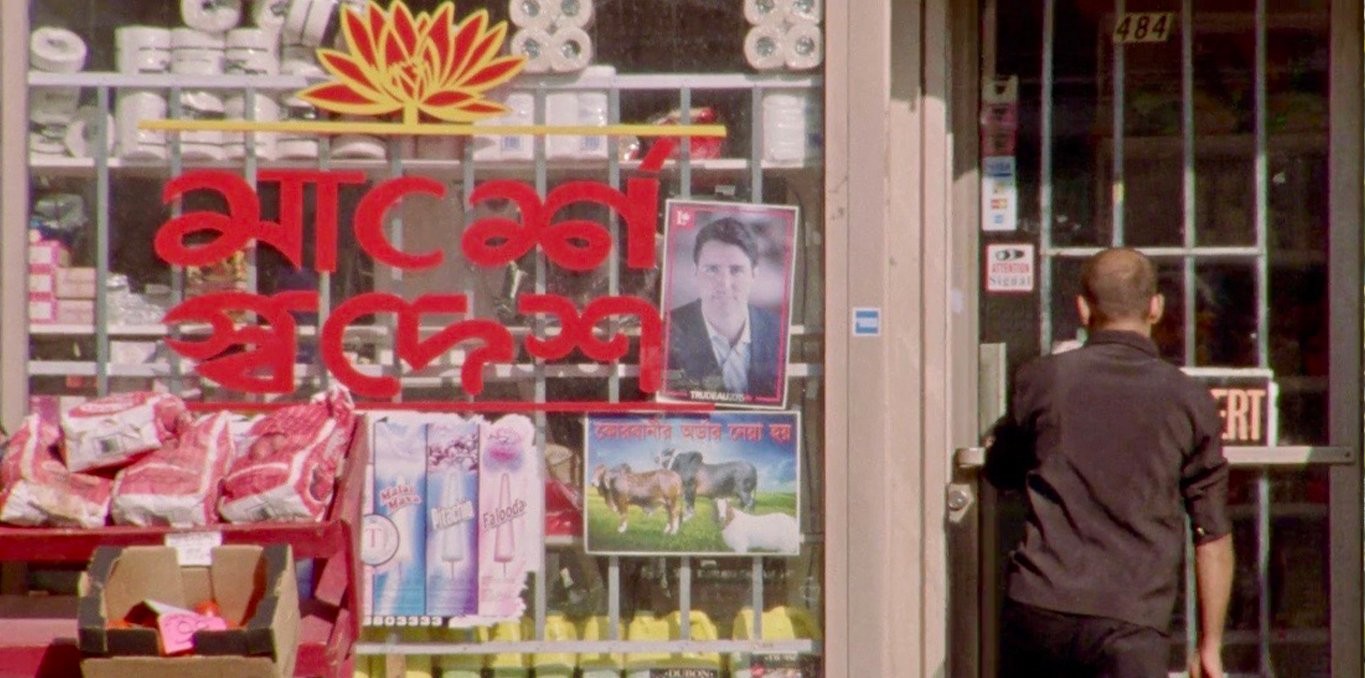
Lettres au Premier Ministre
Durée : 42 minutes
Accès abonnement
Au cœur du quartier montréalais de Parc-Extension, une poète d'origine haïtienne s'installe dans un café pour recueillir les histoires, les demandes, et les rêves des voisins. Pourquoi? Parce que les électeur·trice·s ont décidé d'écrire à leur député, devenu alors le 23e premier ministre du Canada.
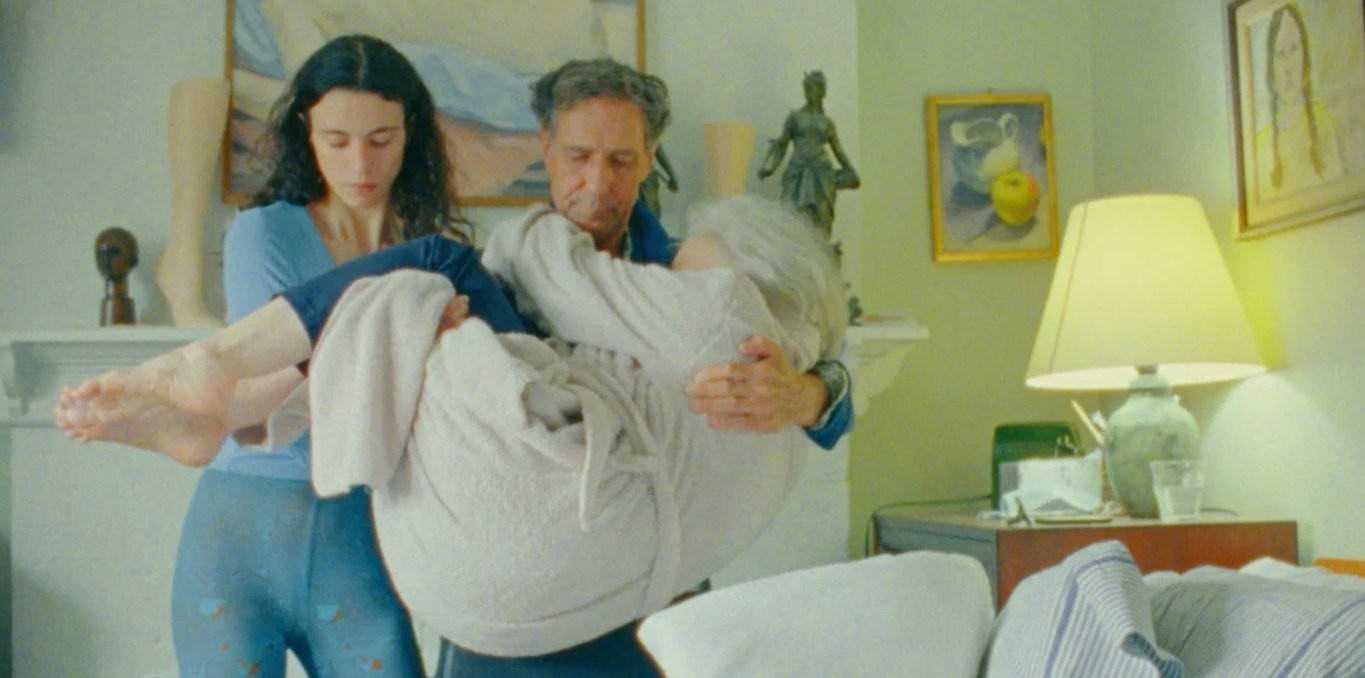
Nine Easy Dances
Durée : 40 minutes
Accès abonnement
Sur ses VHS, Nora retrouve ses vacances, ses anniversaires. Où sont les autres chapitres? Elle engage alors ses parents pour tourner le film de leur vie, leurs archives défaillantes. Mais son père est mauvais acteur et sa mère est immobilisée. Comment reprendre la danse? Engager des parents! Une mise en scène familiale décalée sur la perte et la transformation.
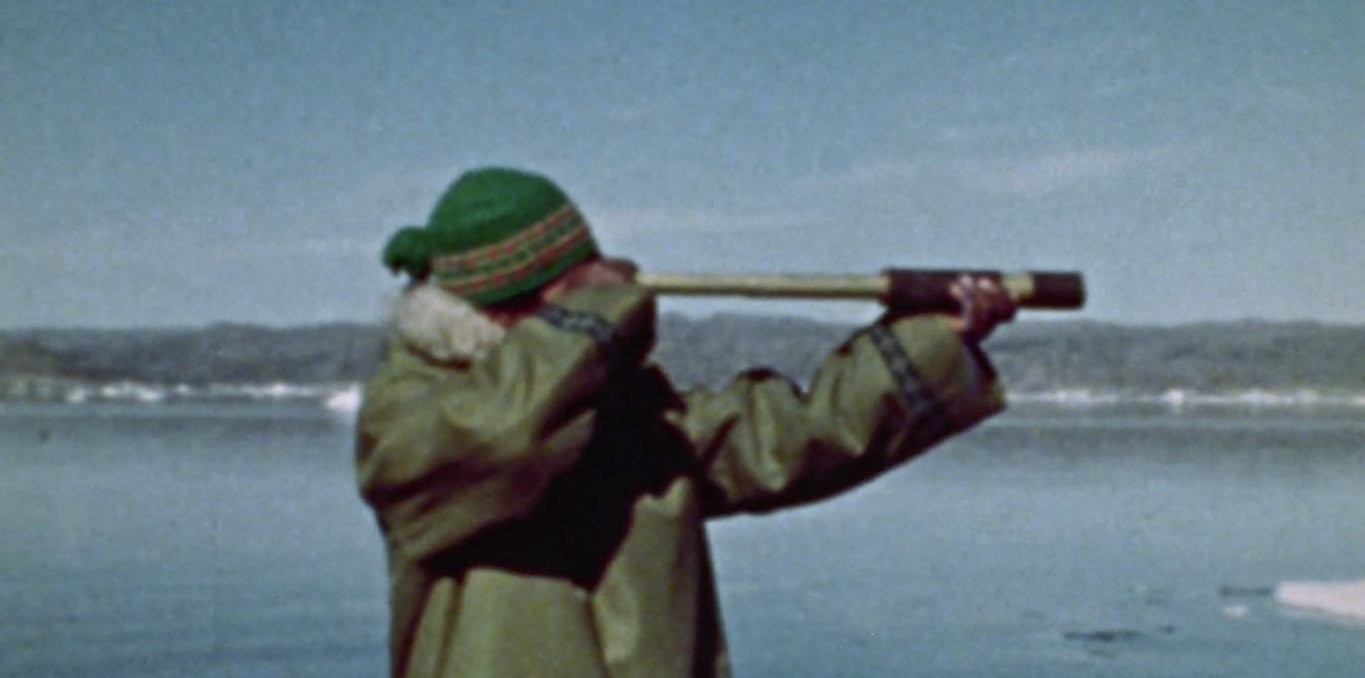
Natsik Hunting
Durée : 16 minutes
Accès abonnement
Mosha Michael, âgé de 25 ans, a fait ses débuts en tant que réalisateur avec ce court métrage de sept minutes, une description dépouillée et sans narration d'une chasse au phoque inuite. Ayant participé à un atelier Super 8 à Frobisher Bay en 1974, Michael a tourné et monté le film lui-même. On peut entendre sa voix sur la bande originale entraînante, accompagnée à la guitare. Sorti en 1975, _N...
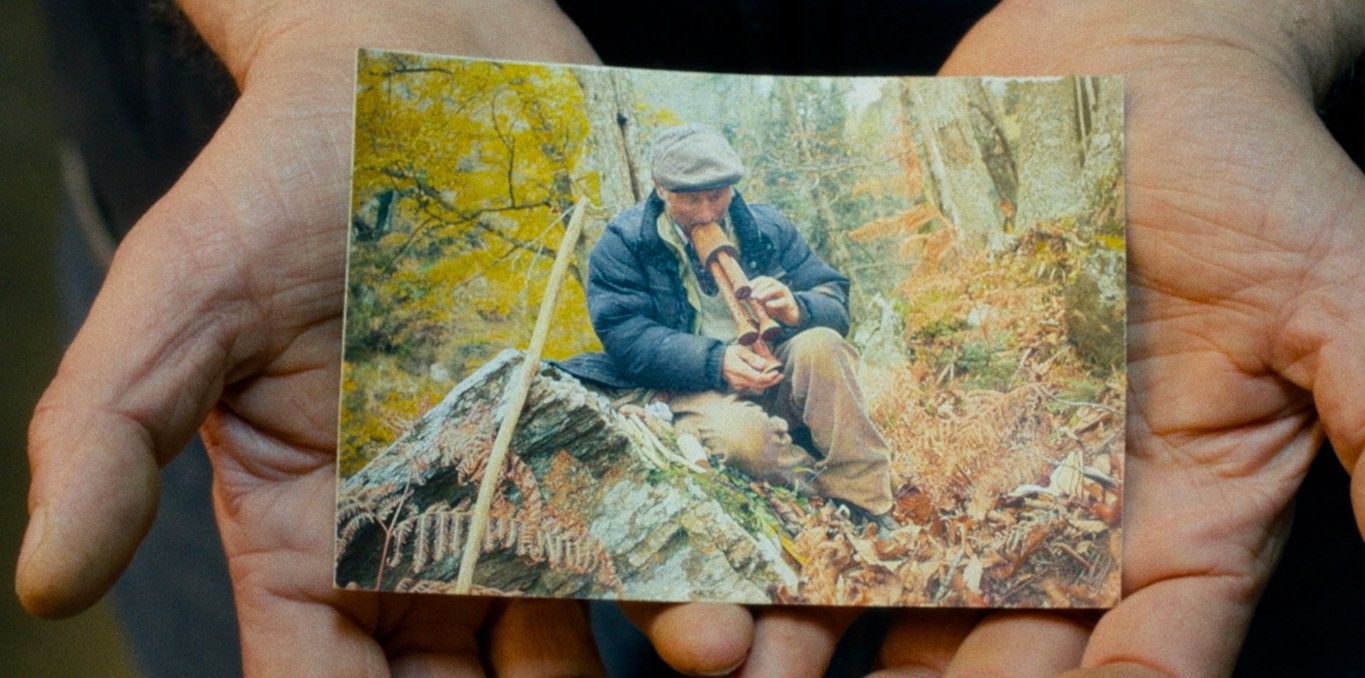
Canone effimero
Durée : 4h02
Accès abonnement
Un voyage poétique au cœur d’une Italie cachée, loin des récits dominants. _Canone effimero_ explore la résistance culturelle à l’œuvre chez des artisan·e·s d’instruments anciens, des chœurs polyphoniques et des traditions transmises de génération en génération. À travers onze chapitres musicaux, les frères De Serio composent une mosaïque de mémoires, de voix et de paysages, recentrant le regar...

El Juicio
Durée : 5h54
Accès abonnement
À la suite de l’effondrement de la dictature argentine, le nouveau gouvernement démocratiquement élu organise un procès judiciaire contre neuf hauts responsables de la junte militaire. Les accusés étaient poursuivis pour des crimes comprenant l’enlèvement, la torture, la disparition forcée et le meurtre de plus de 8 000 personnes entre 1976 et 1983. Le procès a été enregistré pour la télévision...

D'ici, d'ailleurs
Durée : 38 minutes
Accès abonnement
Au début de l’été de leurs 16 ans, Adam, Ana et Dahlia se tournent vers famille et ami·e·s afin de questionner leurs héritages culturels. À travers des conversations intimes, _D’ici, d’ailleurs_ juxtapose les différentes influences et réalités qui façonnent le développement de l’identité culturelle d’immigrant·e·s de deuxième et troisième génération.

Rang du lièvre
Durée : 30 minutes
Accès abonnement
Jeanne, 10 ans, neuroatypique passionnée de skate et de snowboard, est diagnostiquée d’une dysorthographie, d’un TDAH, d’une dyscalculie et d’un trouble du développement de la coordination. Elle fait face à une baisse de ses résultats scolaires et doit apprendre à maintenir sa confiance et à se concentrer sur ses forces.

J'aime toute
Durée : 6 minutes
Accès abonnement
Du haut de ses huit ans, José nous fait découvrir son village, Nutashkuan, et tout ce qu’il y adore.

On n'est pas près d'être des super héros
On n'est pas près d'être des super héros
Nouveauté !Durée : 24 minutes
Accès abonnement
Quand on est enfant, il y a ce moment fragile où la frontière entre l’imaginaire et la réalité se fracasse. Voici le témoignage de ces enfants entre deux mondes, à qui la parole a été donnée librement.

Sur L'Adamant
Durée : 1h49
Accès abonnement
L’Adamant est un centre de jour unique en son genre : c’est un bâtiment flottant. Édifié sur la Seine, en plein cœur de Paris, il accueille des adultes souffrant de troubles psychiques, leur offrant un cadre de soins qui les structure dans le temps et l’espace, les aide à renouer avec le monde, à retrouver un peu d’élan. L’équipe qui l’anime est de celles qui tentent de résister autant qu’elles...

Lettres au Premier Ministre
Durée : 42 minutes
Accès abonnement
Au cœur du quartier montréalais de Parc-Extension, une poète d'origine haïtienne s'installe dans un café pour recueillir les histoires, les demandes, et les rêves des voisins. Pourquoi? Parce que les électeur·trice·s ont décidé d'écrire à leur député, devenu alors le 23e premier ministre du Canada.

Nine Easy Dances
Durée : 40 minutes
Accès abonnement
Sur ses VHS, Nora retrouve ses vacances, ses anniversaires. Où sont les autres chapitres? Elle engage alors ses parents pour tourner le film de leur vie, leurs archives défaillantes. Mais son père est mauvais acteur et sa mère est immobilisée. Comment reprendre la danse? Engager des parents! Une mise en scène familiale décalée sur la perte et la transformation.

Natsik Hunting
Durée : 16 minutes
Accès abonnement
Mosha Michael, âgé de 25 ans, a fait ses débuts en tant que réalisateur avec ce court métrage de sept minutes, une description dépouillée et sans narration d'une chasse au phoque inuite. Ayant participé à un atelier Super 8 à Frobisher Bay en 1974, Michael a tourné et monté le film lui-même. On peut entendre sa voix sur la bande originale entraînante, accompagnée à la guitare. Sorti en 1975, _N...

Canone effimero
Durée : 4h02
Accès abonnement
Un voyage poétique au cœur d’une Italie cachée, loin des récits dominants. _Canone effimero_ explore la résistance culturelle à l’œuvre chez des artisan·e·s d’instruments anciens, des chœurs polyphoniques et des traditions transmises de génération en génération. À travers onze chapitres musicaux, les frères De Serio composent une mosaïque de mémoires, de voix et de paysages, recentrant le regar...

El Juicio
Durée : 5h54
Accès abonnement
À la suite de l’effondrement de la dictature argentine, le nouveau gouvernement démocratiquement élu organise un procès judiciaire contre neuf hauts responsables de la junte militaire. Les accusés étaient poursuivis pour des crimes comprenant l’enlèvement, la torture, la disparition forcée et le meurtre de plus de 8 000 personnes entre 1976 et 1983. Le procès a été enregistré pour la télévision...
